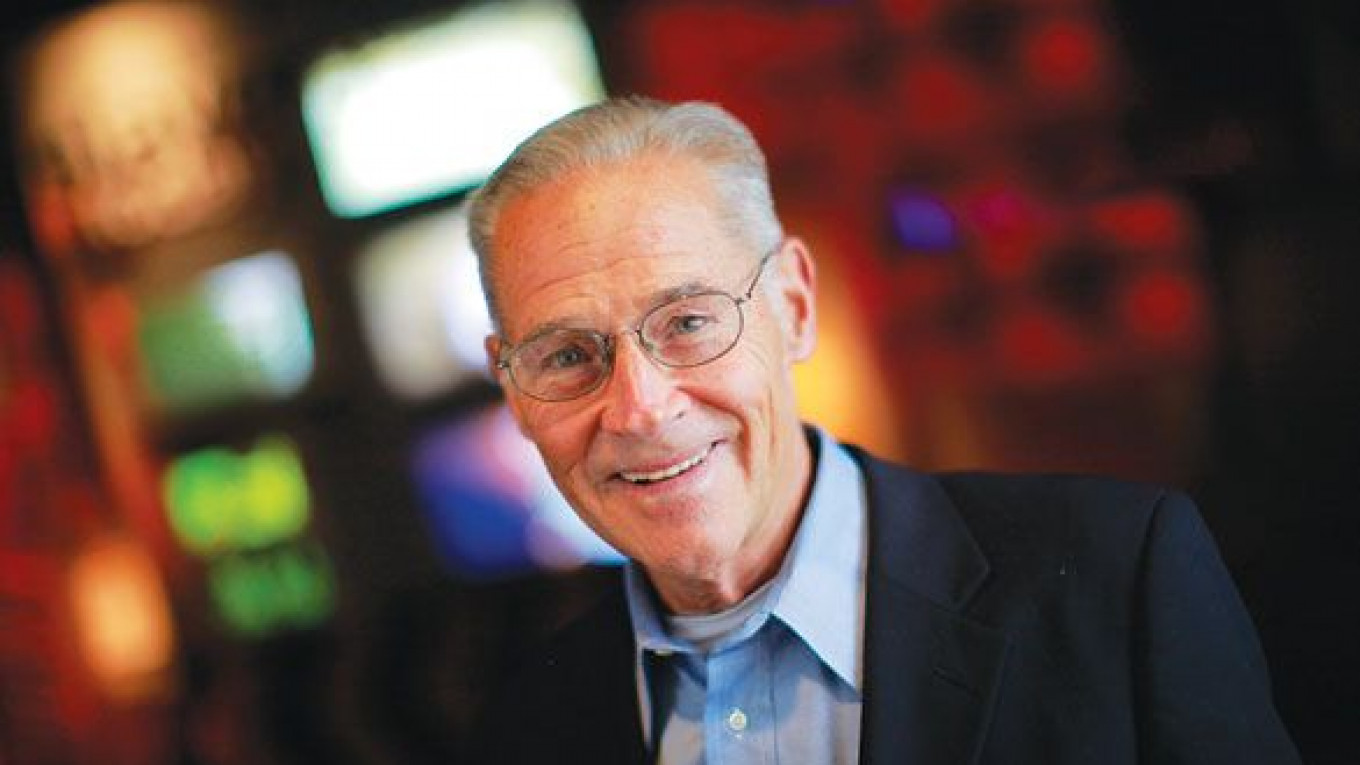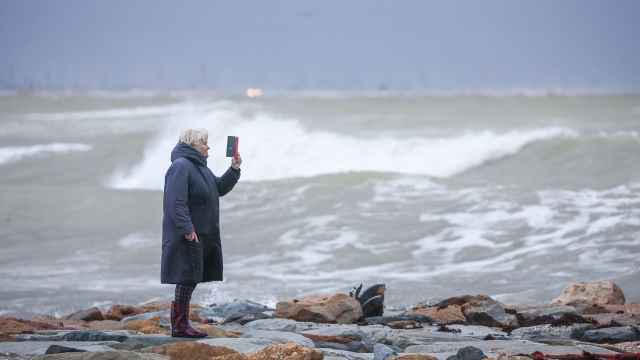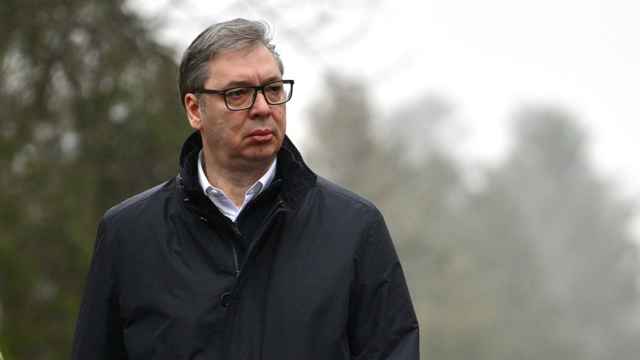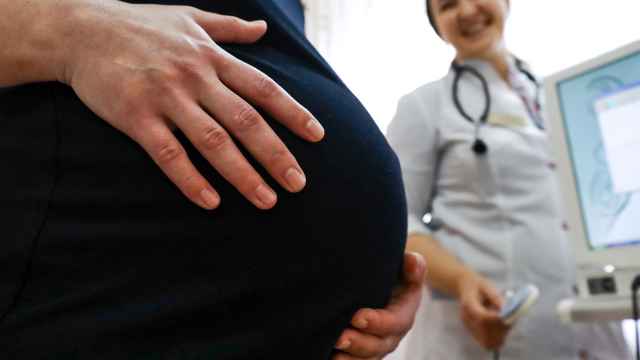Retired P&G chief John Pepper ducked under his desk in elementary school, practicing a precaution in case of a Russian bomb strike.
The Russian threat closed in on him again during the Cuban missile crisis when he was serving on a U.S. Navy destroyer prowling the North Atlantic.
Yet, he developed an affection for the country's culture that later prompted him to lead P&G on a daring foray into the vast and all-but-empty market in the Soviet Union's waning years.
Pepper, who quit the maker of the Tide detergent and Gillette razors in 2002, recounted the "roller-coaster" journey in a book, Russian Tide, he unveiled — where else? — in Russia on Thursday.
Yevgeny Yasin, economy minister in the 1990s, supported the company's endeavor, Pepper said in a speech at the Higher School of Economics, where Yasin is now one of the leading professors.
"The advice from Mr. Yasin was no more complicated than 'keep going,'" Pepper said, adding that the confidence of a man of "such caliber" was inspiring.
Seated at the same podium, Yasin later made a dig at the current government.
"I wouldn't be so sure giving this advice now. … Not so sure that they would build a well-established company," he said pointedly.
A handful of other American companies made inroads into Russia around the time of Soviet collapse — Coca-Cola and McDonald's, among them — but Yasin said P&G was special. Having a supply of staple household and personal care products was more critical for the government than drinks and snacks, he said.
"They acted in an area that was then strategic," Yasin told The Moscow Times on the sidelines of the event. "People could have done without Coke. It would have been difficult to do without soap."
Consumers reacted positively to P&G brands when sales began in 1989, Pepper wrote in the book. Local competition was of poor quality, he recalled.
"Toothpaste was gritty and didn't contain fluoride. Almost 50 percent of the population reported a lot of tooth decay," the book said. "Laundry detergents failed to remove most stains. … People often created their own shampoos."
P&G sales here grew to more than $3 billion from $1 million in 1990, the second year of exports to Russia. It ranks as the biggest foreign consumer-products company in the country in terms of sales, spokesman Viktor Kravchenko said.
P&G began contract manufacturing its products locally at a Novomoskovsk plant in 1992 in an effort to deal with ruble hyperinflation and reduce the costs. It now controls the plant about 225 kilometers south of Moscow.
One other fact that Yasin liked about the company, he said, was that they neither offered nor agreed to pay bribes.
Pepper said officials had to accept the fact.
"They came to know us as a peculiar beast," he said.
Size mattered.
"We are big. People respect us for being big," Pepper said.
The book hits stores worldwide in English in July.
A Message from The Moscow Times:
Dear readers,
We are facing unprecedented challenges. Russia's Prosecutor General's Office has designated The Moscow Times as an "undesirable" organization, criminalizing our work and putting our staff at risk of prosecution. This follows our earlier unjust labeling as a "foreign agent."
These actions are direct attempts to silence independent journalism in Russia. The authorities claim our work "discredits the decisions of the Russian leadership." We see things differently: we strive to provide accurate, unbiased reporting on Russia.
We, the journalists of The Moscow Times, refuse to be silenced. But to continue our work, we need your help.
Your support, no matter how small, makes a world of difference. If you can, please support us monthly starting from just $2. It's quick to set up, and every contribution makes a significant impact.
By supporting The Moscow Times, you're defending open, independent journalism in the face of repression. Thank you for standing with us.
Remind me later.






